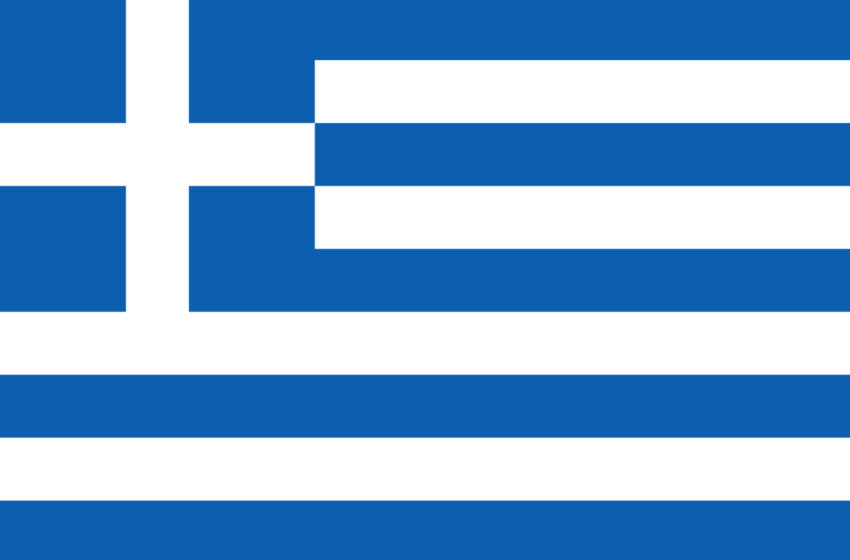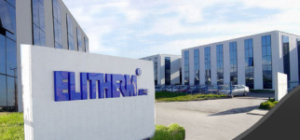Greece: Sales Stable, but Profits under Pressure
July 31, 2013
Whereas Central Europe’s solar thermal markets keep shrinking, Greek has been very stable in recent years. In the meantime, Southern Europe’s hopeful, however, has attracted domestic competitors from other sectors with a low performance, such as PV wholesalers. Usually, they sell collectors from big domestic OEM manufacturers at a low price. Recently, TV adverts have even begun to promote solar thermal systems at low and fixed costs. “We are talking about a completely new situation, which has made end customers to think a solar water heater costs only that much,” says Panayis Konstantinidis, Managing Director of collector manufacturer Calpak Solar Energy (Cicero Hellas) and since January 2013 President of the Greek Solar Industry Association, EBHE.
Konstantinidis fears that this will have a negative effect both on the manufacturer’s profits and on system quality. “Most of these new players are opportunistic. They are not looking for a long-term engagement and a continuous relationship with the end customer,” he says. In addition to generally lower quality below Solar Keymark standards, some systems even had false labels, e.g., showing a different tank size. Because many systems are sold on the black market to avoid sales tax – whose share Konstantinidis estimates to be as high as 40 % – there has been little control over the data. “We, the EBHE, are lobbying for government incentives and tax reductions to give customers a reason to buy their solar systems legally,” Konstantinidis explains. While this would also prevent cases of tax fraud, it would at the same time not result in higher costs to the government’s budget. “We are in talks with the Ministry of Economy and Finance and the Ministry of Development and hope that there will be political results by autumn.” Konstantinidis emphasises that it is not about increasing the market size, but about increasing the quality of the sold systems. “If you give an incentive, it is easy to require customers to buy collectors certified by Solar Keymark and they will need an invoice.” Despite high price pressures, Chinese vacuum tubes are still rare and have been sold only by some small-size importers.
As the association’s general assembly in Thessaloniki in early July showed, domestic sales decreased around 6 % in the first half of this year. Still, Konstantinidis is optimistic that the second half of the year will improve the overall outlook. “First, assembly attendance was not that high, which means that the data gathered may be a bit misleading,” he explains. It is also the reason why he does not want to give any exact numbers. Second, there is the positive development in the hotel sector. “After having been through hard times over the past five years, tourism had an increase of 12 % this year. In addition, they receive some governmental incentives. Now, hotels are starting to again invest in energy-saving measures. They usually do this after the holiday season is over, so there will be good business for solar in autumn.”
Konstantinidis also sees room for new industrial applications. “Altogether, the second half of 2013 will probably be better than the first,” he says. This would mean that Greece remains one of the only growing solar thermal markets in Europe. In 2012, the newly installed capacity already grew by 5.7%, amounting to 170.1 MWth (243,000 m2). This is still less than 2008 (300,000 m2), but the market has now been growing for the third year in a row – in a country which has been severely hit by the economic crisis.
A new segment may soon be found in solar space heating systems, especially in combination with heat pumps. The tax increase on heating oil, which has so far been the most important heating fuel, has people looking for alternatives. The market for it, however, is still at the very beginning. “This autumn, we want to bring together Greek solar manufacturers and solar space heating experts, so we can figure out how to address the demand in this new market segment,” Konstantinidis says. So far, Calpak has sold about ten to twenty solar space heating systems. “These systems need longer to pay back than hot water systems. I´d put it at around 8 years, but there is little specific data. What I am pretty sure about is that there needs to be some kind of financial incentive to get the market started,” he explains.
As in former years, exports are still strong and even increased by 8 to 9 %, according to data from the EBHE general assembly. Although there are no statistics showing to which countries the collectors actually go to, it must mainly be emerging as the big markets in Central Europe are shrinking. “Many collectors go to the Middle East, Africa and Latin America,” Konstantinidis says. In 2012, around five solar thermal manufacturers went out of business in the country (e.g. Wilco, Stibetherm, Howat, Thermohellas). In 2013, the situation seems to have stabilised, with fewer companies going bankrupt. As for the EBHE, memberships have stayed roughly the same – whereas some manufacturers went out of business, they have now been replaced by new associate members. Among them are solar companies such as Cosmosolar and the boiler manufacturer Alphatherm, but also equipment manufacturers such as Knauf, a manufacturer of thermal insulation.


